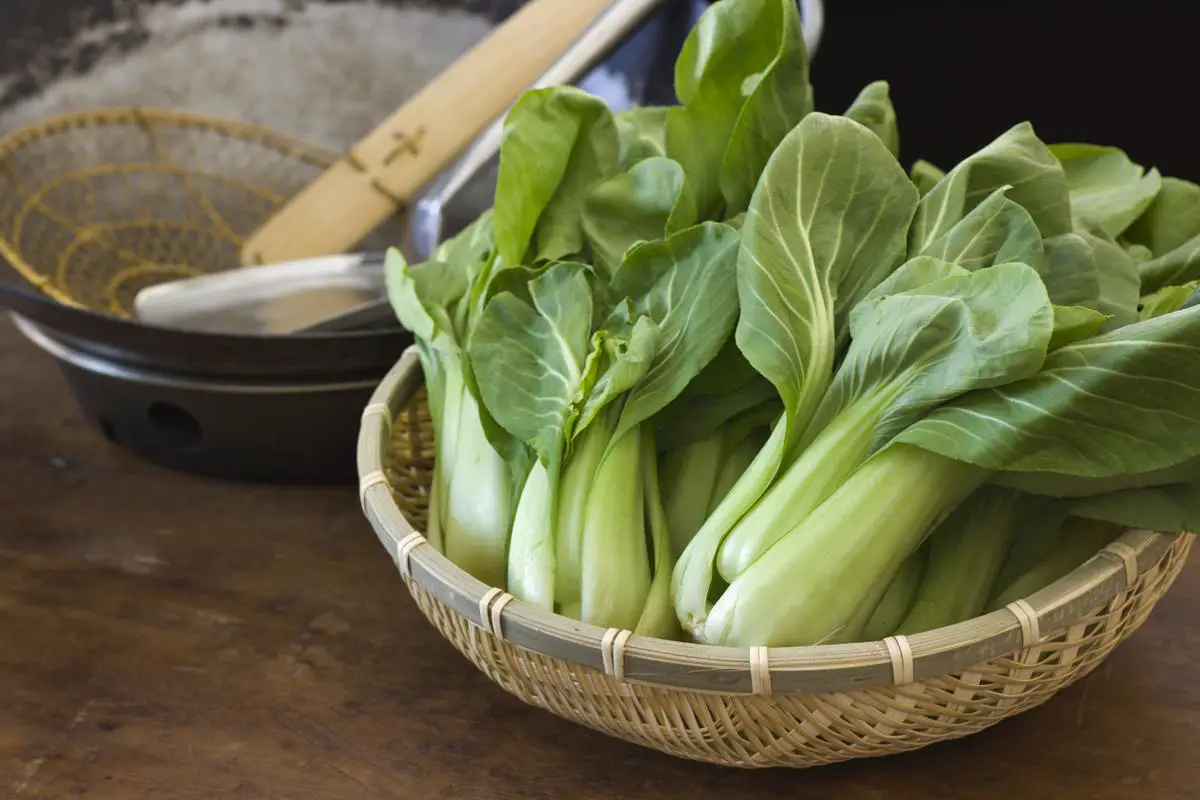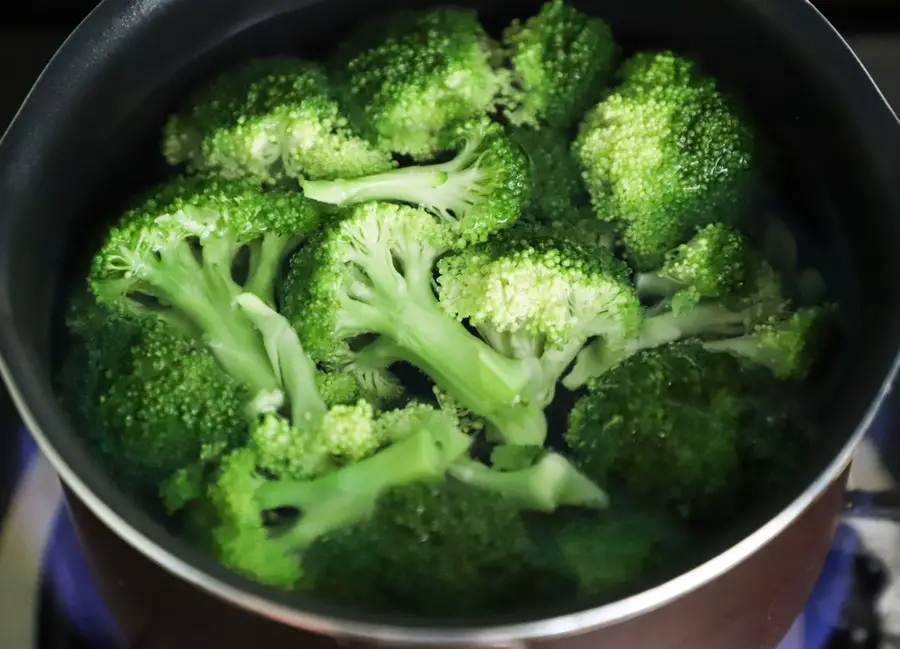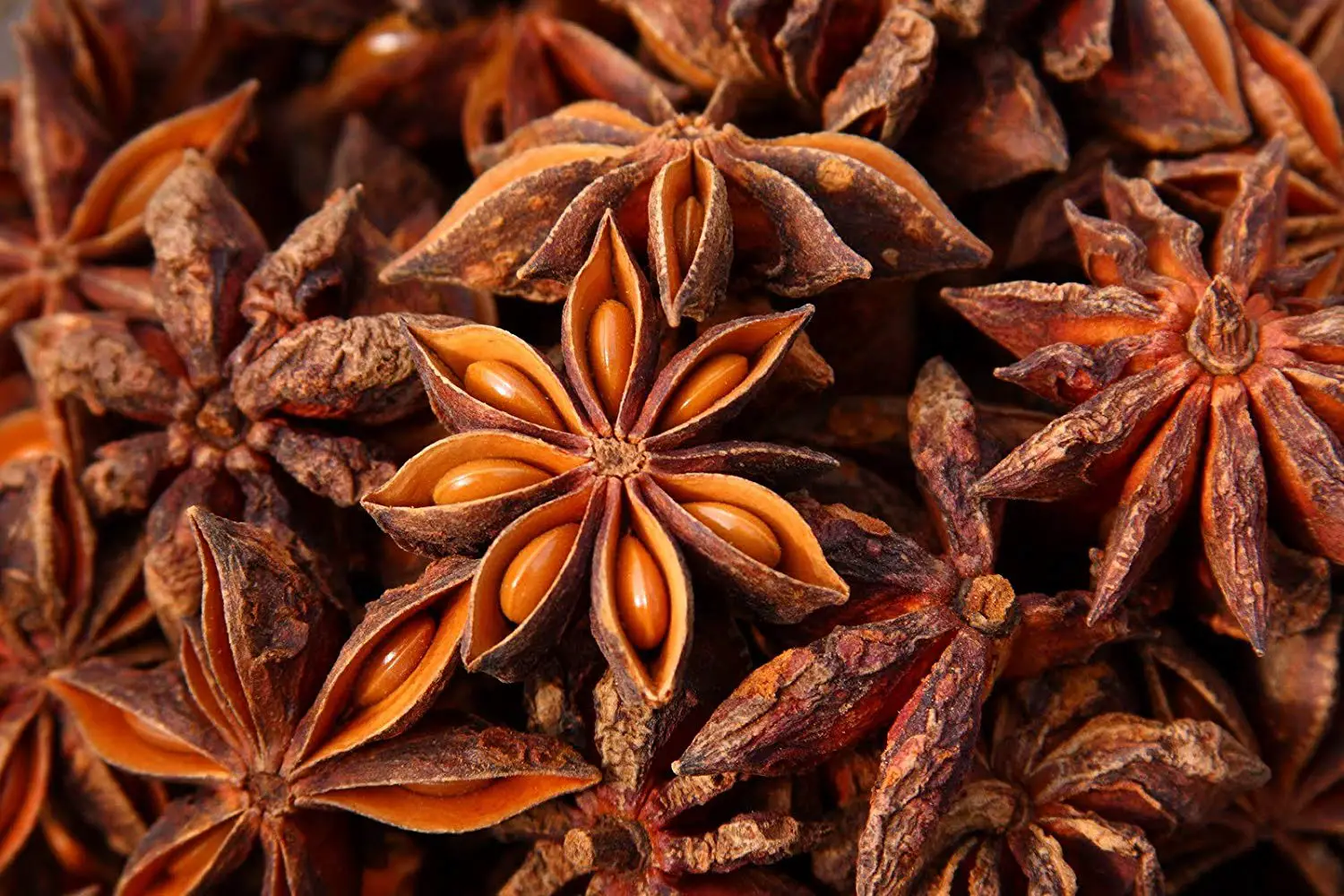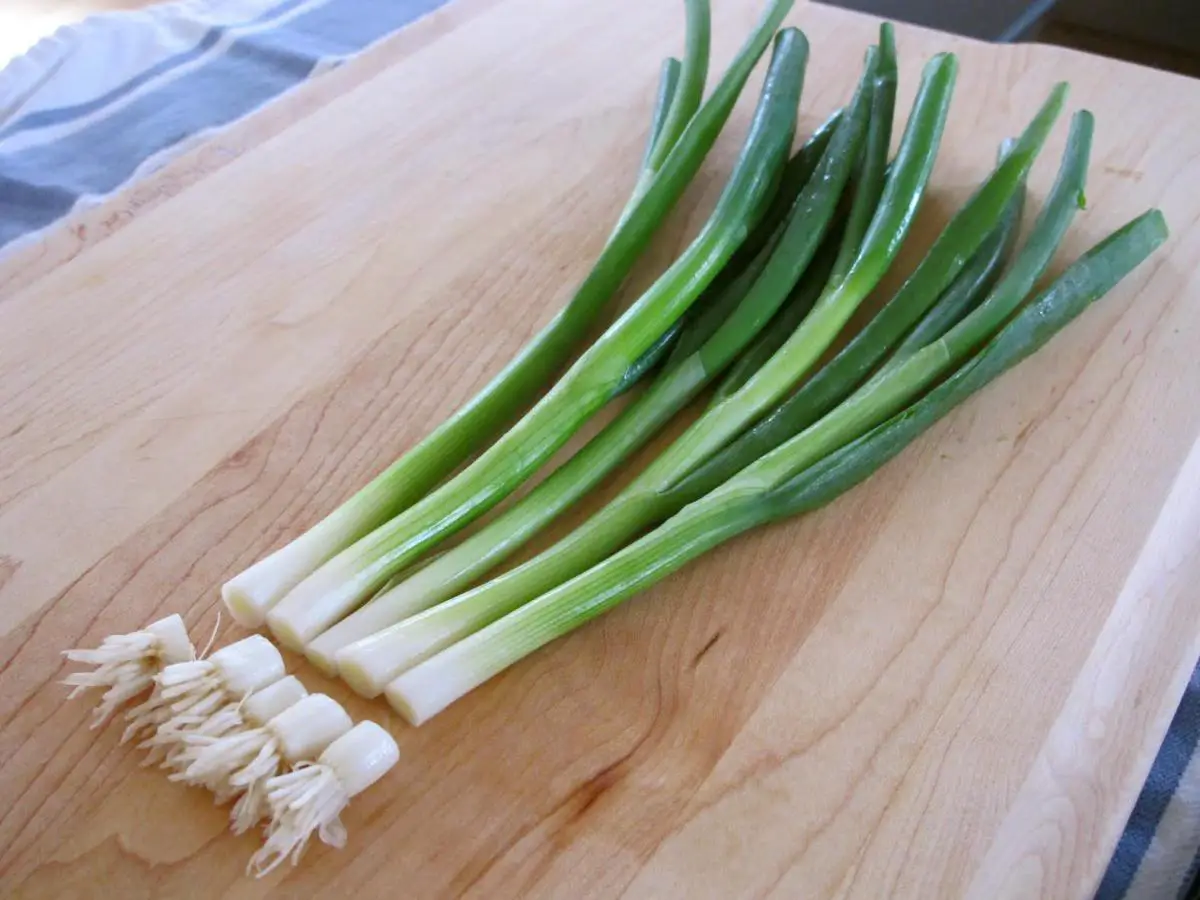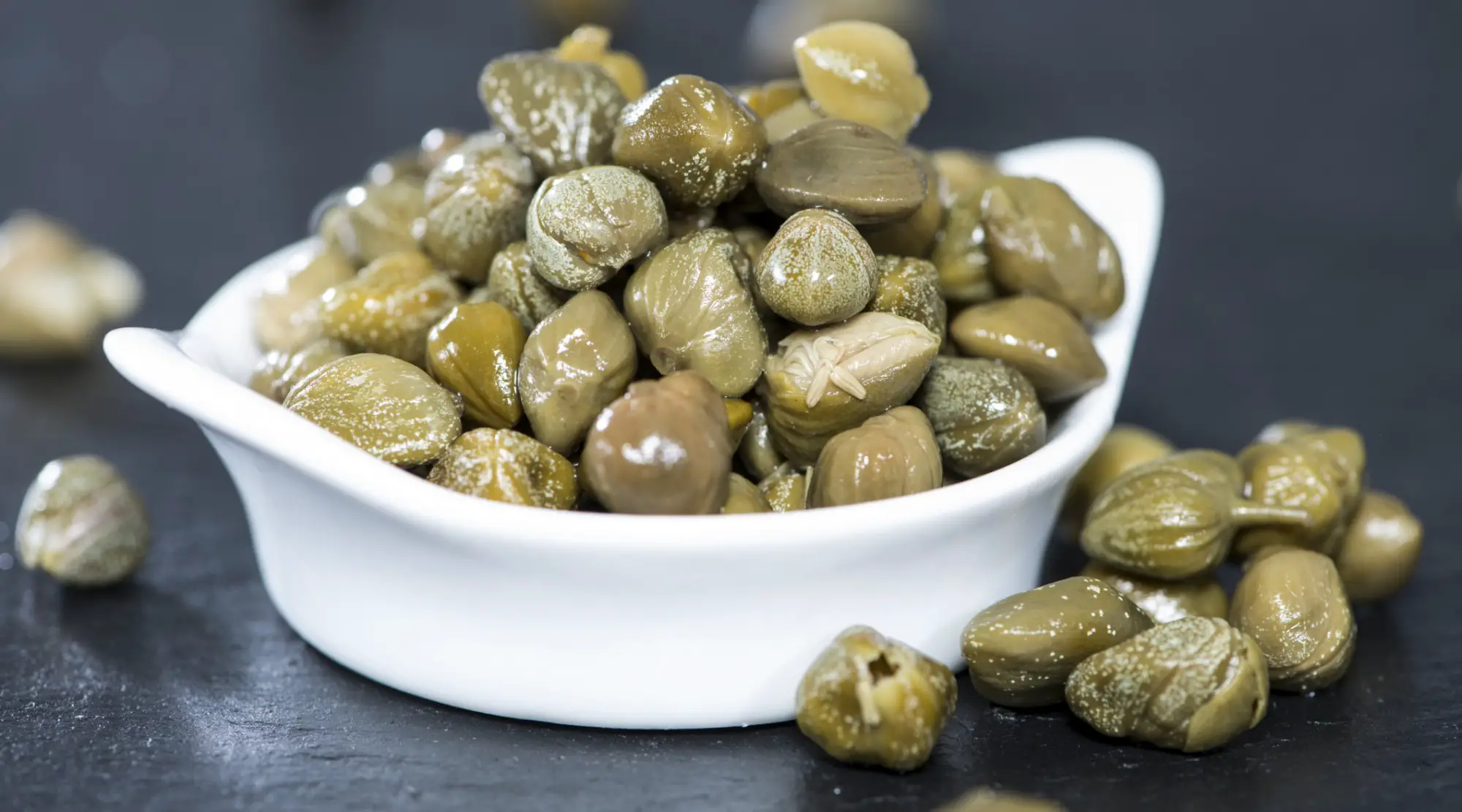Zucchinis and cucumbers have always been a problem for people to distinguish, particularly those who are new in culinary. They look and feel almost the same. Then, what makes them different?
When you compare a zucchini vs. cucumber, they both have a cylindrical shape and a green skin with white flesh. It is also become difficult sometimes to tell the taste apart.
But zucchini and cucumber are quite different in terms of flavor, consistency, and their response to cooking. They also contain different nutrients and health benefits.
Continue reading to find out the difference between zucchini and cucumber. You will also learn the best way to consume them.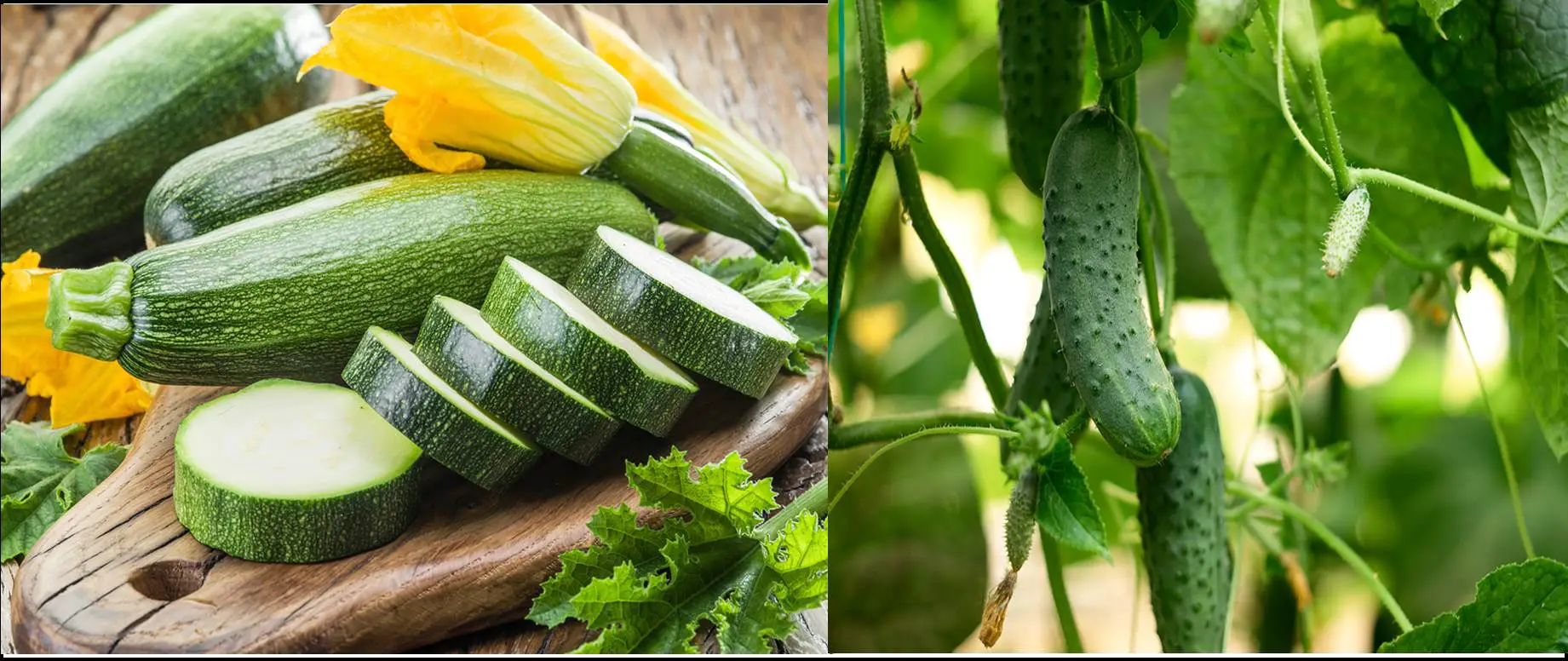
Zucchini vs. Cucumber: Know The Difference
The major difference between zucchini and cucumber include physical differences, food group, tastes, planting, nutrient, etc.
1. Origin
Cucumber is originally from South Asia and can be found between the northern part of the Bay of Bengal and the Himalayan Mountains.
Now cucumbers grow on other continents as well. Some explorers found them growing throughout Florida and Montreal during the 15th and 16th century.
Like all squash, zucchini has its ancestry in America. But zucchinis were mostly developed in Northern Italy in the second half of the 19th century.
2. Food Group
Both zucchini and cucumber are fruits, considering that both of them are developed from a flower and contain seeds. But technically, zucchini is summer squash, while cucumber is a gourd.
Both of them are members of the Cucurbitaceae family of gourds, pumpkins, and squashes.
But in the culinary world, zucchini is commonly referred to as vegetables, while cucumber is classified as both fruits and vegetables.
RELATED: 9 Superfoods That May Help You to Manage Diabetes
3. Physical Differences
Upon first glance, you may not see any difference between a cucumber and a zucchini. But, if you look carefully, you will find some differences that distinguish them from each other.
Cucumber has cold and waxy skin, with several small aberrations or bumps along the surface of it. On the other hand, zucchini has rough, dull, and tough skin. Unlike cucumber, zucchini doesn’t have shine on its skin.
Cucumber tends to have limited growth, whereas zucchini can grow up to one foot or longer.
Inside the cucumber, there is a light green tinge. Zucchini flesh is usually white. You will also find woody stems on zucchini, but not on cucumber.
4. Nutrition Fact
Both zucchini and cucumber are rich in vitamins and minerals. But they contain different nutrients than each other.
Cucumber is a good source of calcium. It also contains many therapeutic properties such as vitamin C, B6, K, and folate.
When compared to cucumber, zucchini tends to do better nutritionally. It also has vitamin C, B6, K, but in higher concentrations. This vegetable also contains potassium, manganese, and folate.
A cup of unpeeled, sliced cucumber contains 16 calories, while the same amount of zucchini contains 19 calories.
RELATED: 5 Health Benefits of Banana Peppers and Its Nutritional Value
5. Taste and Eating Style
In terms of taste, cucumber is cool and wet, especially for its high water content. But after cooking, the mind flavor is gone, and it becomes a bit soft.
Zucchini is slightly bitter. But it also has a sweet flavor that is enhanced when cooked.
Cucumber is mostly eaten raw, in salad and as pickles. You can also have cucumber cooked, but the mild flavor will disappear.
Due to the bitter, starchy taste, and denser consistency, zucchini tastes better when it is cooked. When fried, it can easily become crispy and brown.
You can make chips using zucchini. You can also use it to replace pasta to cut the curb from the dish. As the sweetness of zucchini improves with heat, it goes well with hot meals, roasts, and soups.
6. Planting
If you are planning to grow zucchini or cucumber at home, you should know the differences in the makeup of both plants.
Cucumber grows on vines. For proper growth and cultivation, it often needs direction and continuous aid. You’re highly recommended to use a lattice so that the plant grows upwards. It will keep your cucumber vine away from insects.
On the other hand, the zucchini plant grows as a small bush. It means upkeep of zucchini plant will be easier and less intensive than that of cucumber.
Bottom Line
Despite so many differences, both cucumber and zucchini play a vital role in keeping us healthy with their numerous nutrients and minerals. So, it’s difficult to say who wins in the zucchini vs. cucumber debate.
But, knowing the difference often helps you to determine when to use cucumber and when zucchini. By using them properly, you can turn a good dish into a great one.
So, next time you’re told to use zucchini or cucumber as a substitute for each other, make sure you know the difference.
Read Next: Olive Oil vs Coconut Oil – Which is Better for Your Hair?


